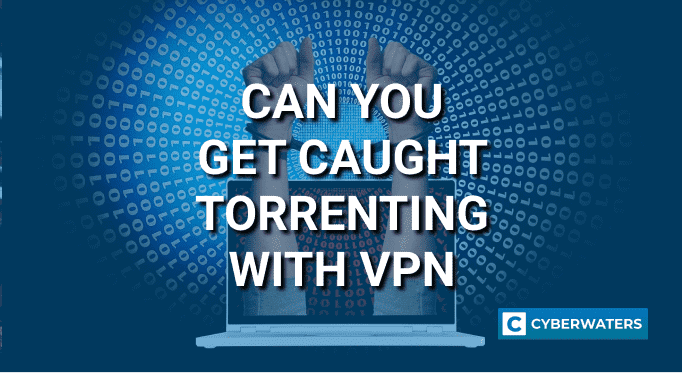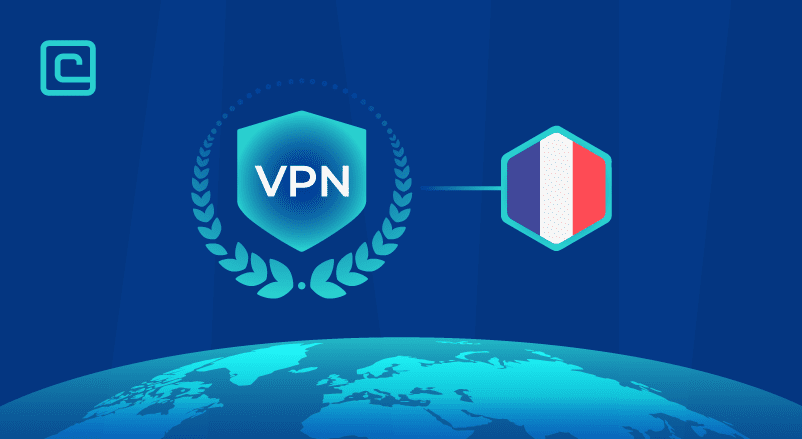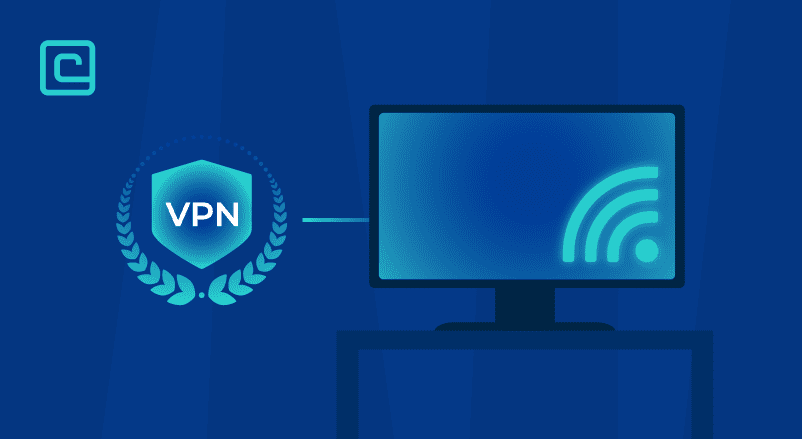What Happens If You Get Caught Torrenting?

Do you often torrent software, movies, games, and other copyrighted content? If yes, you might be breaking the law in your country. This can lead to serious trouble if you get caught. Digital piracy is a big problem worldwide, showing the dangers of illegal torrenting.
So, what happens if you get caught downloading copyrighted material? How can you even get caught torrenting in the first place? Let’s talk about illegal downloading and how to avoid getting caught when torrenting copyrighted material.
Where is Torrenting Illegal?
Torrenting itself is legal worldwide. It’s just about sharing files between people. But, it becomes illegal when you share copyrighted material.
Downloading public domain content for personal use is okay. Open-source software is a good example. But, downloading copyrighted material for personal gain is not.
In most western countries, torrenting copyrighted material is seen as copyright infringement.
Countries like the US, UK, France, and Germany have strict laws against it. The Digital Millennium Copyright Act and the NET Act in the US cover torrenting. They apply to both torrent sites and users.
In the US, torrenting copyrighted material can lead to a $250,000 fine and up to five years in jail. Other countries have similar penalties, including fines and jail time.
Test Your VPN Knowledge – Take A Quiz!
How Do You Get Caught Torrenting?
Your Internet Service Provider can see all your online activities. This includes browsing, streaming, and downloading. In some places, ISPs must keep this data for a while before deleting it.
They can share this data with copyright holders and even trolls. For example, Hollywood companies might sue you for downloading their movies.
Many think using Incognito Mode or deleting history keeps them safe. But, ISPs can see everything. It’s up to them and copyright holders to act.
What Happens if You Get Caught Torrenting?
So, what happens if you get caught torrenting? We’ll look at countries with strict copyright laws.
Your ISP might slow down your Internet speed first. This can happen even if you’re not downloading copyrighted content. They might do it to control bandwidth use.
If you’re caught torrenting copyrighted material, you’ll likely get a warning. In serious countries like the US, your Internet might be cut off.
Ignoring the warning can lead to harsher penalties. This includes fines and jail time. In some cases, your device might be taken away.
If you face legal action, act fast. Contact organizations like the Electronic Frontier Foundation for help.
Can a VPN Protect You When Downloading Torrents?
Yes, a VPN can keep you private when downloading torrents. VPNs change your real IP address with their own. This makes your connection anonymous.
They also encrypt your connection. This stops anyone from seeing you’re on torrent sites or downloading files.
Also, a good VPN can protect your device from malware. Reputable VPNs have tools to fight malware and adware. They make sure your device stays safe after you download and open files.
Can Your Internet Service Provider Catch You Torrenting With a VPN?
Using a VPN is the best way to torrent safely. But, it’s not foolproof. You can get caught torrenting illegal content in some cases. Here are the most common situations in which you can get caught torrenting even when you use a VPN:
IP Leaks
IP address leaks are a big reason you can get caught torrenting with a VPN. This happens when a VPN doesn’t protect your IP address well. Even a small leak can expose your real IP address.
So, choose a VPN that keeps your IP address hidden. Make sure it has IP/DNS leak protection. Also, it should have a kill switch to cut off your connection if it drops.
Lack of Torrenting Support
Many people don’t know that not all VPNs support torrenting. It’s important to pick a service that supports torrenting and has the tools you need to stay safe online.
Look for VPNs with many server options in places that are good for torrenting. They should also support port-forwarding.
Free VPNs are not a good choice. They often have weak encryption, log your data, and have slow speeds.
VPN Logs
Always avoid VPNs that keep logs. This is because they can share your data with your Internet Service Provider and copyright trolls.
This means using a VPN won’t keep you completely safe. If your provider finds out what you’re doing, they’ll know everything.
How to Torrent Files Safely – Summing it Up
Copyright trolls are always looking for signs of piracy online. This is true for popular software clients. Using uTorrent or BitTorrent can lead to legal trouble. Torrenting copyrighted material in the US or most of Europe increases your chances of getting caught.
To stay safe, always use a VPN when torrenting. This will lower your chances of getting caught.
But, remember, you can’t always avoid getting caught, even with a VPN. So, we advise against Internet piracy and suggest torrenting legal content only.
Torrenting FAQs
How does torrenting work?
Torrenting is a way to share files online. Instead of downloading from a central server, you download from other users. You use a link to download the torrent file.
Can I torrent without a VPN?
Yes, you can torrent without a VPN. But, it’s not safe, and it’s illegal to torrent copyrighted material. A good VPN keeps you private and safe from malware.
What are copyright trolls?
Copyright trolls are people and companies that look for illegal torrenting. They take legal action against users. They often use scare tactics to make users pay fines.

| 🌐 Website: | nordvpn.com |
| 🏢 Headquarters: | Panama |
| 📍Servers/Countries: | 5800+ servers in 60 countries |
| ₿ Accepts Cryptocurrency | Yes |
| 💸 Deals & Coupons | Get 68% off + 3 months extra |
Cybersecurity and VPN researcher

